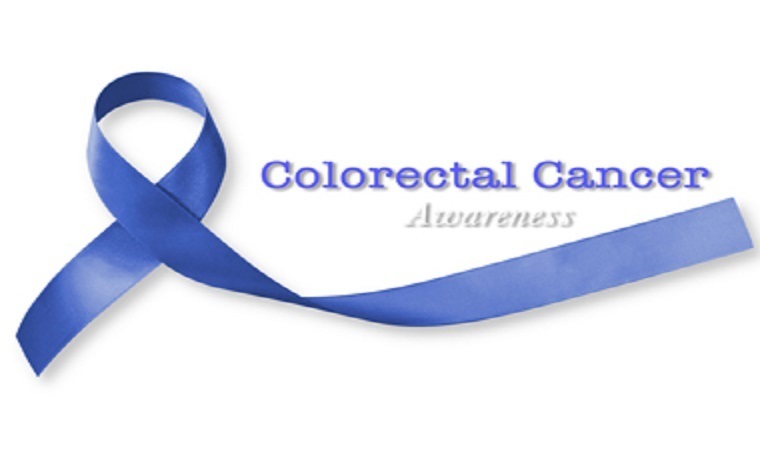COLUMBUS – Colorectal cancer experts have launched a new initiative aimed at improving early detection and prevention of colorectal cancer in the Black community, which has historically been placed at increased risk for colorectal cancer due to a lack of timely colorectal cancer screening and barriers to receiving health care services.
Previously reported scientific studies suggest that Black patients are both 20% more likely to be diagnosed with colorectal cancer and are 40% more likely to die of the disease compared to non-Hispanic white patients. In Ohio alone, it is estimated that more than 22% of Black patients diagnosed with colorectal cancer die of the disease.
“This is tragic and unacceptable in a disease with a highly effective and available screening tool for finding this disease in a precancerous and treatable stage,” said Dr. Subhankar Chakraborty, a gastroenterologist with The Ohio State University Comprehensive Cancer Center – Arthur G. James Cancer Hospital and Richard J. Solove Research Institute (OSUCCC – James). “As we navigate year three of a global pandemic that continues to cause disruptions to both life and medical treatment access, it is even more critical that we find ways to increase timely cancer screening adherence. Early detection is truly a matter of life or death in some cases. We want to catch the disease at its precancerous stage.”
Through this new initiative, The Ohio State University Wexner Medical Center mailed at-home colorectal cancer screening kits to 400 patients who qualify for – but have not yet received – a colorectal cancer screening exam. The initiative is being conducted in partnership with the Center for Cancer Health Equity at the OSUCCC – James.
The initiative is aimed at increasing colorectal cancer screening in this historically underserved population. The program was designed to make it easy for disproportionately affected groups – specifically Black men and women between the ages of 45 and 75 – to receive timely colorectal cancer screening tests. The initiative is part of a larger, research-backed approach to addressing cancer health disparities in Ohio being conducted by the OSUCCC – James.
New approach to historical challenge
Previously reported peer-reviewed research studies confirm widening incidence and survival rates between white and Black Americans, noting that one in every 24 Black Americans will develop colorectal cancer in their lifetime.
For this new initiative, Black men and women between the ages of 45 and 75 who are treated at Ohio State and who meet medical criteria for colorectal cancer screening but have not yet completed the test will be invited to receive an at-home colorectal cancer screening kit. Individuals will receive a letter describing how to complete the test and will receive a follow-up call from the medical facility to answer any questions.
Known as the “FIT” kit, this test can detect microscopic amounts of blood in the stool that can be an early sign of colon cancer. The kit includes materials to collect and return a stool sample for medical evaluation. A nurse with The Ohio State University will then contact all participating individuals who have an abnormal finding to explain the test results then discuss and potentially schedule a follow-up colonoscopy. This established screening uses a tiny camera to look inside the large intestine for signs of cancer. During this test, specialists can identify and remove growths called polyps. Polyps are small clumps of cells in the lining of the colon or rectum. Some polyps are pre-cancerous and can develop into colon cancer if left to grow.
Chakraborty notes that it can take between 10-15 years for polyps to develop into cancer, and they nearly always occur without symptom – so screening for pre-cancerous polyps is an important early detection and prevention tool.
This pilot program is part of a broader, three-pronged approach to reducing racial disparities in cancer care based on published research authored by Electra Paskett and colleagues at the OSUCCC – James. This approach includes initiatives to:
- Increase colorectal screening rates for Black patients
- Use patient navigation to promote access to screening and follow-up care
- Provide timely follow up on abnormal results and initiate high quality, immediate treatment







